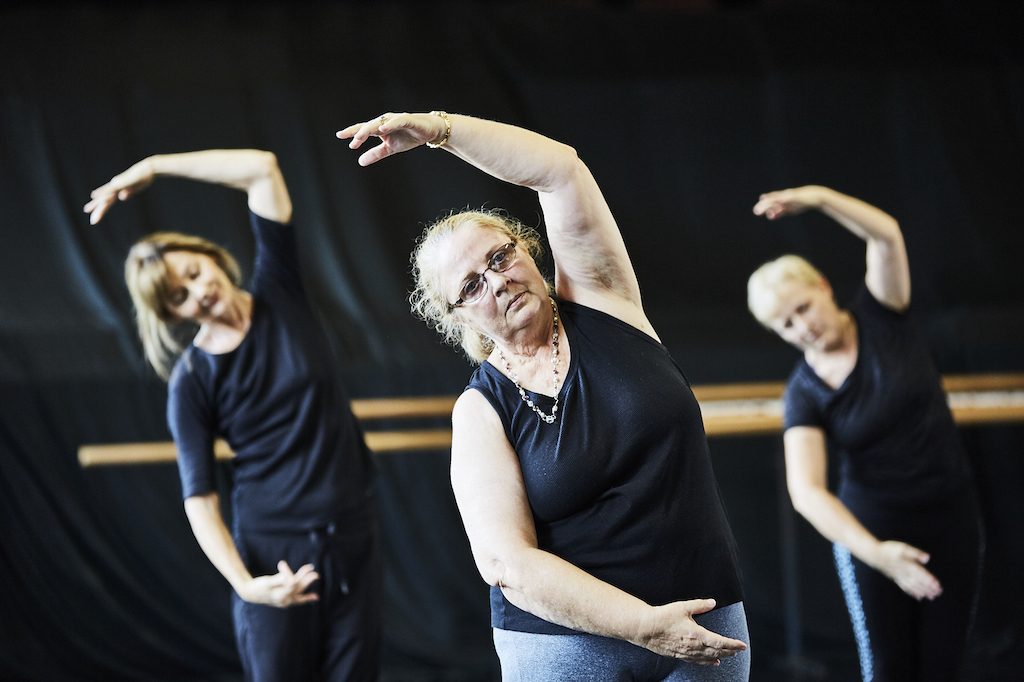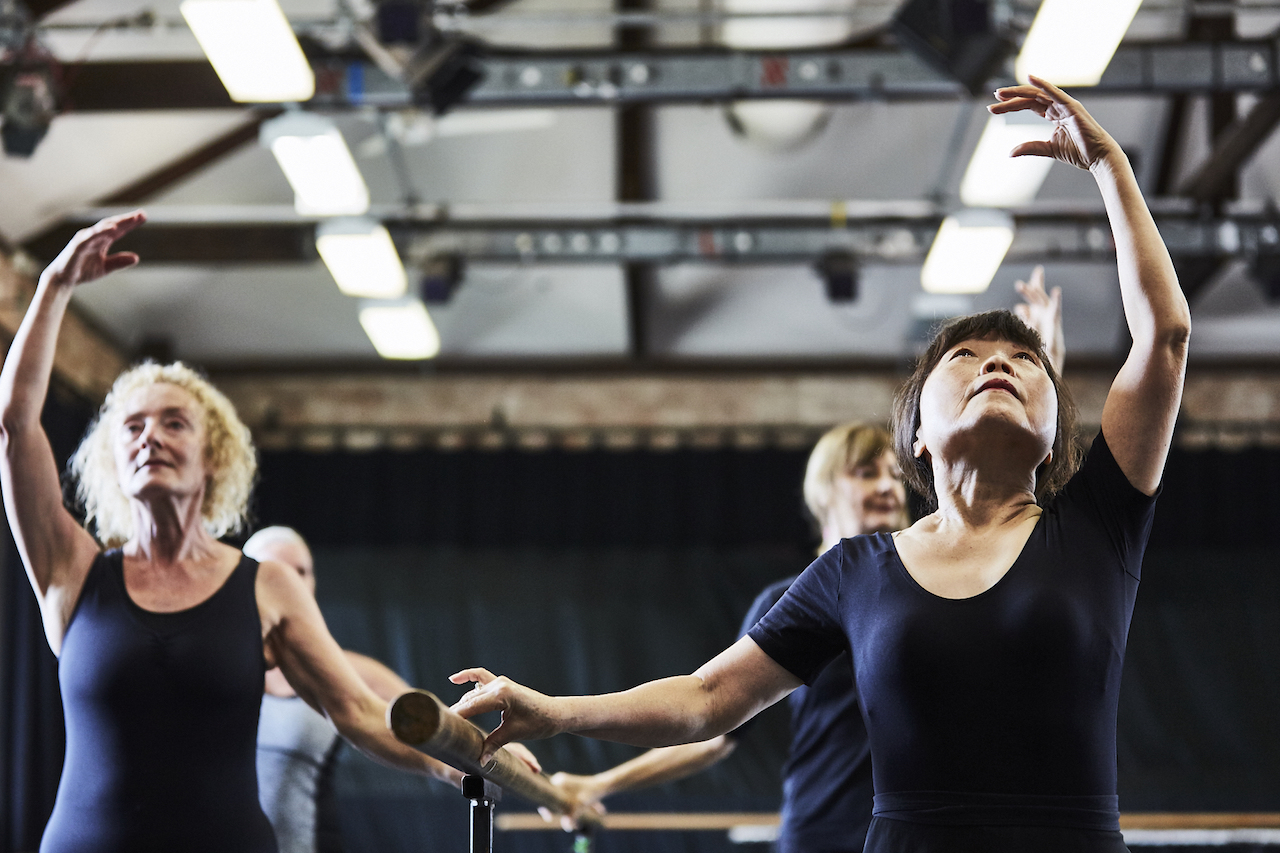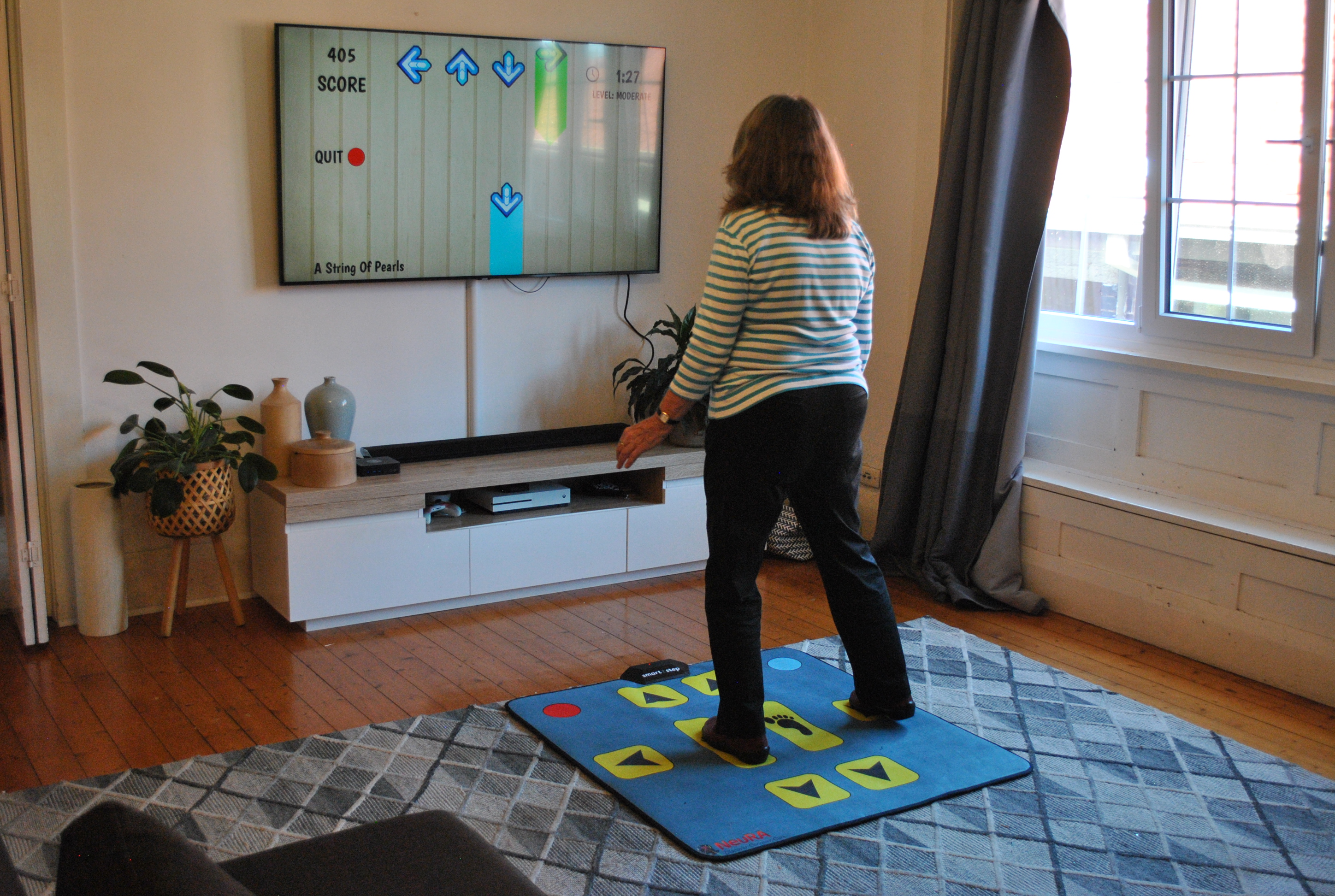A RESEARCH project of Queensland Ballet and the Queensland University of Technology (QUT) in which seniors were given lessons in ballet, resulted in participants gaining improved energy levels, greater flexibility, improved posture, and an enhanced sense of achievement.
Queensland Ballet Director of Strategy and Global Engagement, Felicity Mandile said ballet was not just a young person’s activity.
“Participants enjoyed the challenge. The teachers were aware of senior’s physical limitations but participants wanted to test what their bodies could do.
“Participants included a few former professional dancers but most just like ballet as an art form. Others had danced when they were younger but gave it away usually because of lack of time. Now they have the time and they still love dancing,” she said.
Ballet participation also involved weekly social engagement within a supportive, non-competitive, and non-judgemental community of like-minded people.
“We concentrated on the social advantages. People say they laugh a lot and some have organised other social activities such as coffee catch-ups and Christmas in July.”
The research part of the project aimed to provide a detailed understanding of the motivations and experiences of ballet class participants and potential participants.
While the qualitative data focused on emotional and social wellbeing, the participants’ quantitative responses suggested that they felt physical wellbeing outcomes the strongest, for example keeping in shape, posture, flexibility, bodily control and awareness.
Participants also felt happier and enjoyed a sense of community and friendship on completing a three-month project, incorporating 10 Ballet for Seniors classes.
“We’re thrilled to have this research underpinning what we do as it enables us to offer meaningful engagement programs for our participants rather than just giving them what we think they want and need,” Ms Mandile said.
“The project critically investigated older adults’ motivations to participate in ballet, the health and wellbeing outcomes for active older adults, and the examination of the teaching practices involved in this delivery,” she said.
“We weren’t surprised by the research findings strongly indicating that ballet participation is a highly pleasurable activity for active older adults. However, we were pleasantly surprised by the flow on effects of that.”
 Performance psychologist and former professional ballet dancer Professor Gene Moyle from QUT’s Creative Industries Faculty said movement, be it dance or other forms of exercise, was a critical factor in better ageing.
Performance psychologist and former professional ballet dancer Professor Gene Moyle from QUT’s Creative Industries Faculty said movement, be it dance or other forms of exercise, was a critical factor in better ageing.
“The physical benefits of movement and dance on ageing bodies is well documented and our project really re-enforces these findings, however additionally highlights the joy and benefits social connections in dance can bring to people’s lives,” said Professor Moyle.
“Some of the participants reported that they found the classes positively euphoric and transformational in the pleasure they felt at being part of such weekly social engagement.”
Queensland Ballet public dance class program not only includes Ballet for Seniors classes but also a specialist class specifically designed for people living with Parkinson’s Disease.































